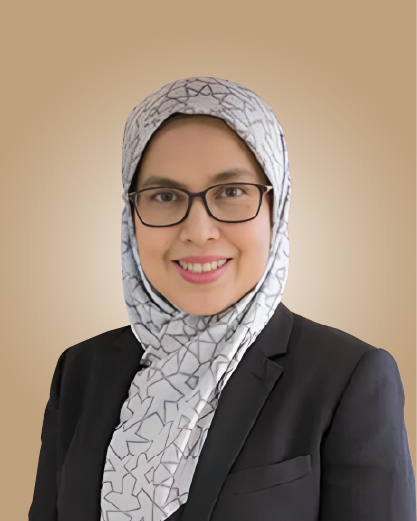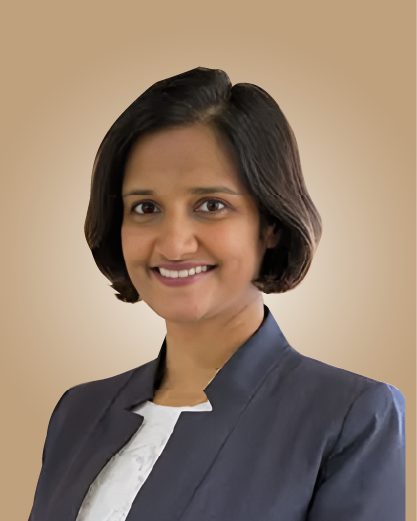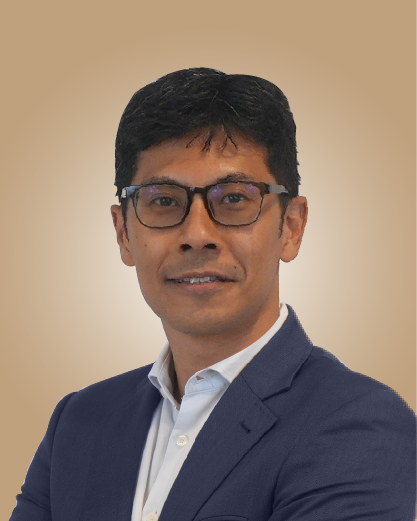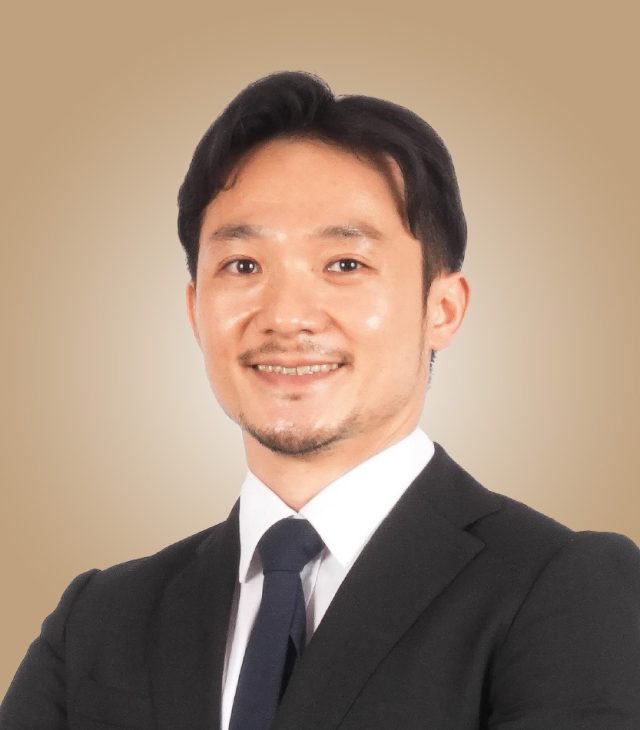Enhancing brain function through neuroplasticity
Transcranial Direct Current Stimulation (TDCS) is part of our non-invasive brain stimulation programme at ReGen Rehab, one of the few programmes of its kind in Malaysia run by recognised experts in neurorehabilitation.
We apply emerging brain stimulation techniques together with evidence-based rehabilitation to help treat a variety of conditions, including :
- Neurological conditions, such as stroke, brain injuries, and movement disorders like Parkinson’s Disease
- Balance and coordination problems
- Swallowing disorders, language and communication disorders
- Weakness (hemiparesis)
- Impaired cognition
- Chronic pain and other symptoms
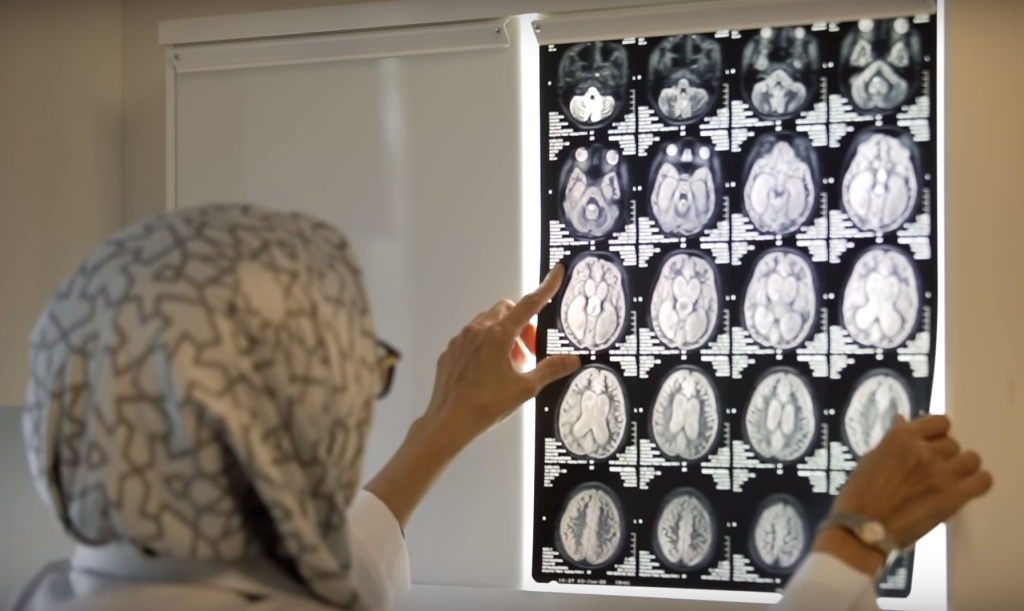
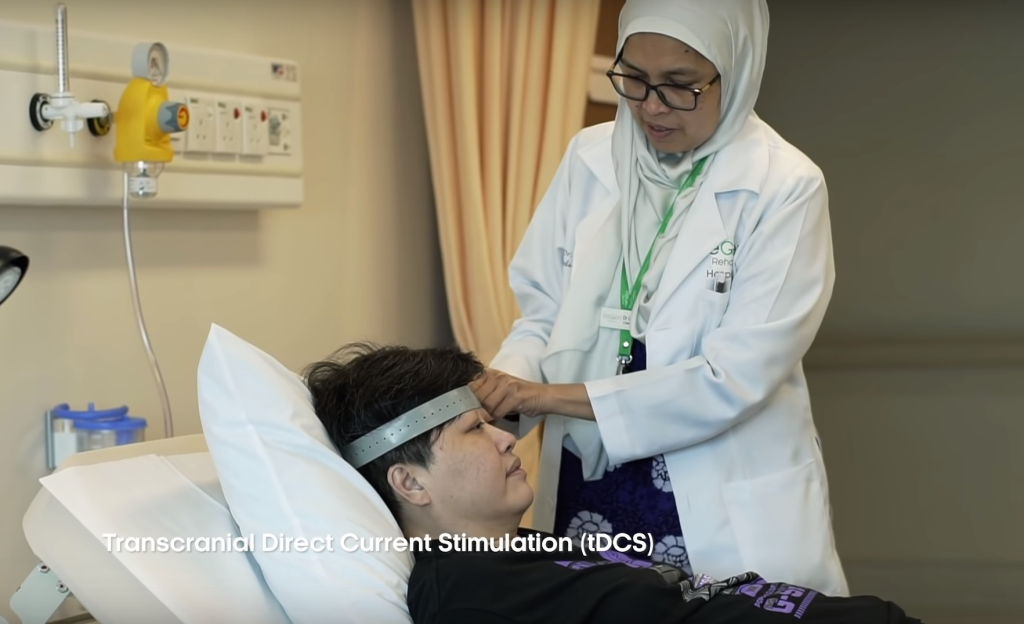
How it works
TDCS is painless, safe, has minimal side effects, and has been used in thousands of people worldwide. It aims to improve their quality of life and reduce the effects of issues related to speaking, swallowing, movement, cognition or other functional areas.
TDCS uses direct electrical currents to stimulate certain parts of the brain by modulating neuronal activity. This can be achieved with one of these approaches :
- Stimulating the damaged area of the brain to help restore the affected function; or
- Stimulating a different area of the brain to compensate for the loss of function in another area.
Best results when paired with a structured rehabilitation programme
TDCS helps boost the effects of rehabilitation. While the TDCS treatment itself lasts about 20-30 minutes, it is often part of a larger rehabilitation treatment plan which includes physiotherapy, occupational therapy and speech therapy, depending on the condition treated.
Recovering after a stroke or brain injury
TDCS can enhance the effect of training on performance of various motor tasks and activities of daily living. In other words, it reduces the amount of time it takes to learn or re-learn different actions and boost how long we remember them, hence, increasing the efficacy of rehabilitation.
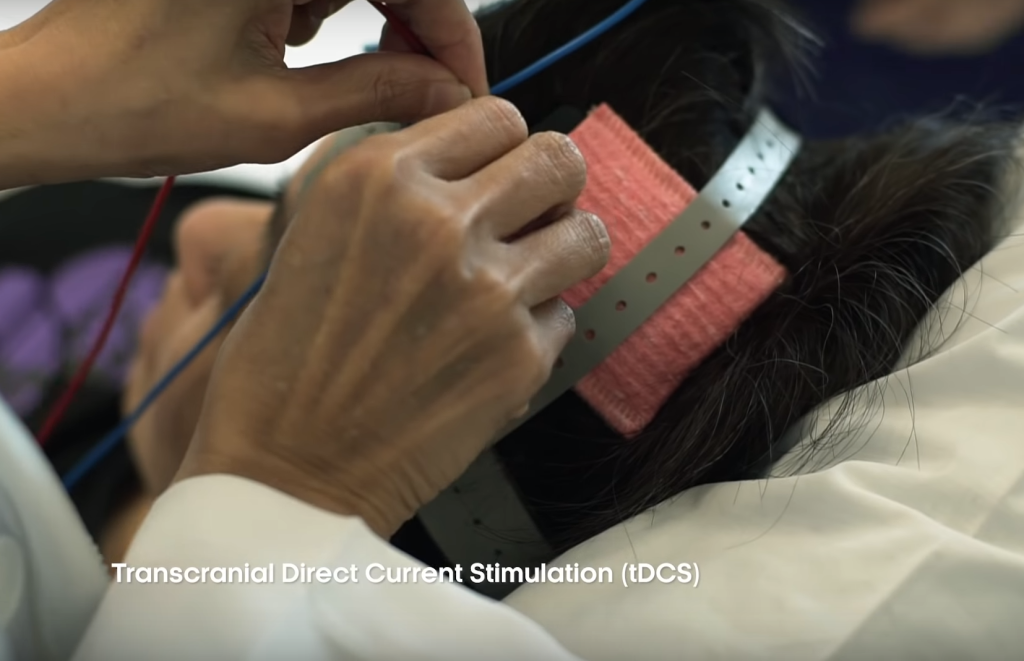
Talk to us today
Not everyone who have these symptoms may be good candidates for this procedure. We recommend to start with a comprehensive evaluation to determine whether this is the right treatment for you through a detailed consultation with our specialists.
Book an assessment with us today using the contact details below.

